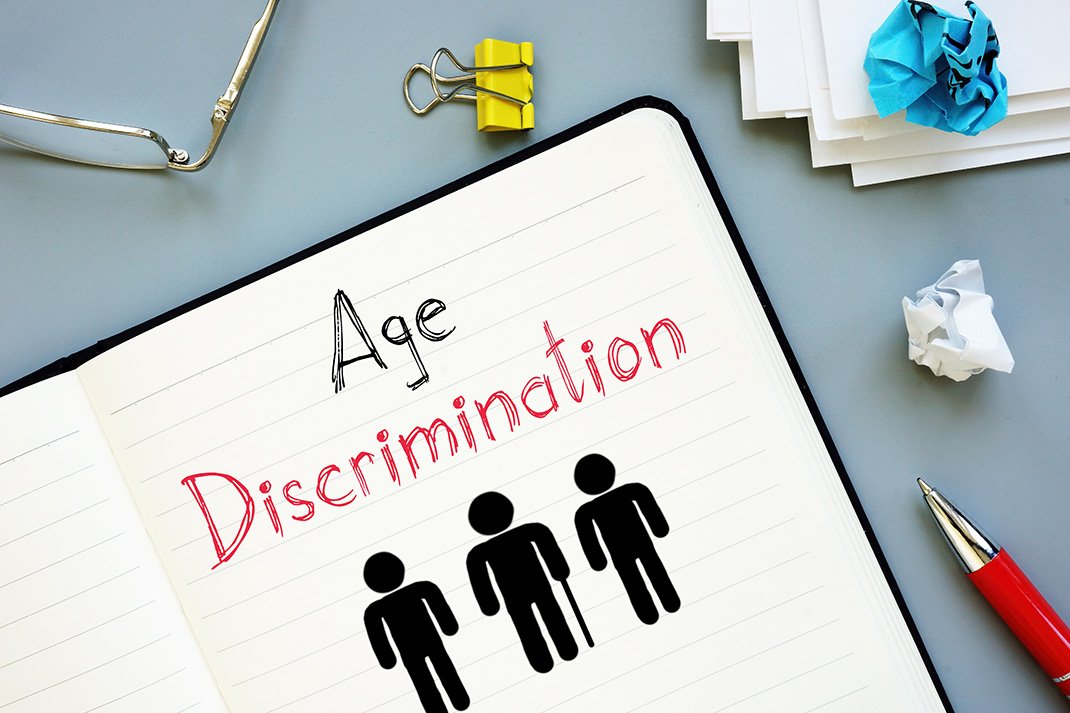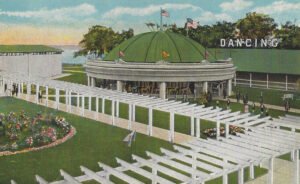By Aaron Gifford
 When I began my career in journalism some 30 years ago, I didn’t think about age discrimination.
When I began my career in journalism some 30 years ago, I didn’t think about age discrimination.
Most of the reporters and editors at the small daily newspaper I started at were younger than 40. The pay was low and most staffers were just interested in building a portfolio and moving somewhere bigger.
The next paper I worked at, a mid-sized daily in the North Country, was a different experience. I was unaware of any discriminatory practices in hiring and promotions, but the union contract was set up so senior staffers got first pick at vacation days. I complained about it back then because those of us in our 20s and 30s hadn’t settled down in that region and couldn’t get enough time off around holidays and three-day weekends to visit our families.
In hindsight, I think the arrangement was a fair reward for folks who made long-term commitments to their employer and community.
I found age discrimination was more common at metro papers that paid better and always had plenty of job applicants. I was still in my 20s when I landed my first job at a larger paper. I noticed that while the editorial staff had people of all ages, every new staffer hired was in their 20s, even though any given pile of applications had cover letters and resumes from more experienced, middle-aged journalists.
I encouraged a photographer friend of mine, who was in his late 30s at the time, to apply. He had a solid body of work and several awards, but the hiring manager told him a master’s degree was required. That was a lie; only one of the many photographers there at the time had an advanced degree.
We had mandatory diversity training there. An ad salesman in his 50s complained that at his current and previous jobs, he felt his wisdom and experience weren’t valued. While the trainers thanked him for the input, they acknowledged that age discrimination was not part of their program and they didn’t know how to cover it.
Newspapers were especially hit hard during the Great Recession, between 2007 and 2009. I left the industry because I didn’t see a path there to eventual retirement.
I worked as a federal background investigator, then a Medicare fraud investigator and later returned to background investigations. During this second career, entirely during my 40s, I neither experienced nor witnessed age-related employment discrimination. There were retired military personnel, police officers, former attorneys, long-time service workers, insurance professionals and hospital nurses, along with recent college graduates and young people who were still working on their degrees.
I was laid off, but not due to my age. But age became a factor in my job search.
I did well in the automated screening process for a media and communications position with a global defense contractor, mainly because I still had an active security clearance in addition to years of writing and daily deadline experience. The hiring manager didn’t contact me even though the application portal noted he was expected to weeks ago.
I found out the hiring manager for that position was attending a career fair nearby in connection with some local colleges and universities. I asked him if we could talk there, just as he did with some of the recent college graduates. He responded, “This is a very junior position,” and walked away.
Something similar happened with a national teacher training program that was hiring. It was a good way to become a teacher without taking on university debt — if you’re willing to learn the vocation in low-income communities far from home. The program literature said they really wanted experienced professionals from other vocations, especially those who had a passion for writing and listening to others.
The first-level screeners were mostly recent college graduates who had been selected to the program themselves and had just finished the training. The guy I spoke with clearly had no interest in my job experience or interest in writing and said, “Why would you wait until you’re like, past 40 or something to decide, like, that you think you could be, like, a teacher?”
I took the liberty of ending that call. It wasn’t a good fit for me.
The good news for me was that the job market for writers opened up immensely after the pandemic. So many companies closed their offices and needed people who could work independently and meet deadlines.
It was a chance to get back in the daily game.
I thought I scored on my first try. The HR contact at the publication interviewed via Zoom. It went very well and I was told to expect a call from the main recruiter from this area. I got an email from him two days later telling me I was not selected for further consideration.
I called back the first HR person to get an explanation. She said I had been recommended and that her colleague was not supposed to interview me first for further consideration. She thought a mistake was made and urged me to call him directly.
When I reached him, the guy said I didn’t have enough experience. When I told him my paid experience dates back to 1995, he backpedaled and then said, “Well, it wasn’t the right kind of experience at the right time.”
I searched by his name and saw that he had recently retweeted a social media post from a colleague: “Hire more Black journalists! Hire more Black journalists!”
Well, at least it wasn’t because of my age.
But good luck found me after that. I was able to land a position for a specialized website that covered education technology daily and a year later, I secured a position with an international daily paper. If age had anything to do with it, I’d like to think it’s because I put in some good years.
So far, so good. But like so many folks my age that still have more than a decade until retirement, I wonder how I would fare if there’s another job search, especially with AI in the mix.
Will experience and wisdom always be valued? Let’s hope so.
 Aaron Gifford is a former reporter for several newspapers in Upstate New York and a regular contributor to Oswego County Business Magazine. He lives in Cazenovia with his family.
Aaron Gifford is a former reporter for several newspapers in Upstate New York and a regular contributor to Oswego County Business Magazine. He lives in Cazenovia with his family.




